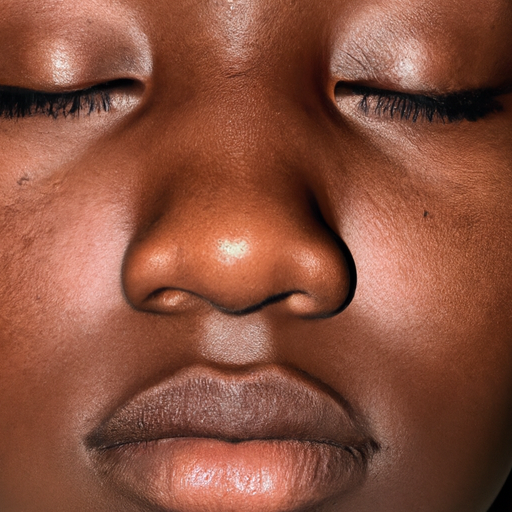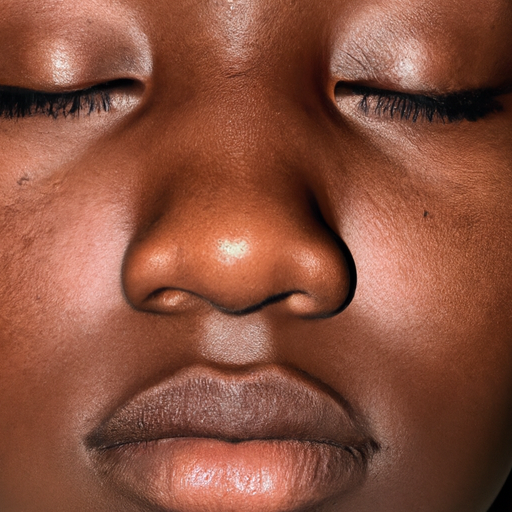As a medical professional, I often get asked about the best time to moisturize the skin. Is it in the morning or at night? The answer is not as straightforward as one might think. The best time to moisturize depends on various factors such as your skin type, your lifestyle, and the climate you live in. However, understanding the science behind skin hydration can help you make an informed decision.
Our skin is the largest organ of our body and acts as a protective barrier against environmental aggressors. It is composed of water, lipids, and proteins. The outermost layer of the skin, the stratum corneum, contains natural moisturizing factors (NMFs) that help maintain skin hydration. However, these NMFs can get depleted due to various factors like aging, exposure to harsh weather conditions, and use of harsh soaps or detergents. This is where moisturizers come into play.
Moisturizers are designed to hydrate the skin by trapping water in the skin and replenishing the skin’s NMFs. But when is the best time to apply them? Let’s decode this.
Morning Moisturizing:
Applying moisturizer in the morning has its benefits. It prepares your skin for the day ahead, providing a protective barrier against environmental stressors like pollution and UV rays. If you live in a dry climate or work in an air-conditioned environment, a morning moisturizing routine can help prevent skin dehydration throughout the day. Moreover, many daytime moisturizers contain SPF, which is essential for protecting your skin from harmful UV rays.
However, keep in mind that if you have oily or acne-prone skin, you should opt for a lightweight, non-comedogenic moisturizer in the morning to avoid clogging your pores.
Nighttime Moisturizing:
The nighttime is when our body, including our skin, goes into repair mode. Research shows that our skin’s permeability is higher at night, meaning it can absorb topical products better. This makes it an ideal time to apply a moisturizer, especially one that contains active ingredients like retinol or hyaluronic acid.
Moreover, while we sleep, we lose more water from our skin, a phenomenon known as Transepidermal Water Loss (TEWL). Applying a moisturizer at night can help prevent this water loss and keep your skin hydrated.
However, if you have sensitive skin, be cautious about using heavy night creams as they may cause irritation or breakouts.
In conclusion, both morning and nighttime moisturizing have their unique benefits. If you want to protect your skin from daily environmental stressors and maintain hydration throughout the day, morning moisturizing is the way to go. On the other hand, if you want to leverage your skin’s natural repair process and prevent overnight water loss, nighttime moisturizing would be beneficial.
Remember, the key to effective moisturizing is consistency. Regardless of when you choose to moisturize, make sure to do it regularly. Also, always choose a moisturizer that suits your skin type and contains ingredients that support skin health. If you have specific skin concerns or conditions, it’s best to consult with a dermatologist to create a personalized skincare routine.
In the end, there’s no one-size-fits-all answer to the best time to moisturize. It’s about understanding your skin’s needs and adapting your skincare routine accordingly.




